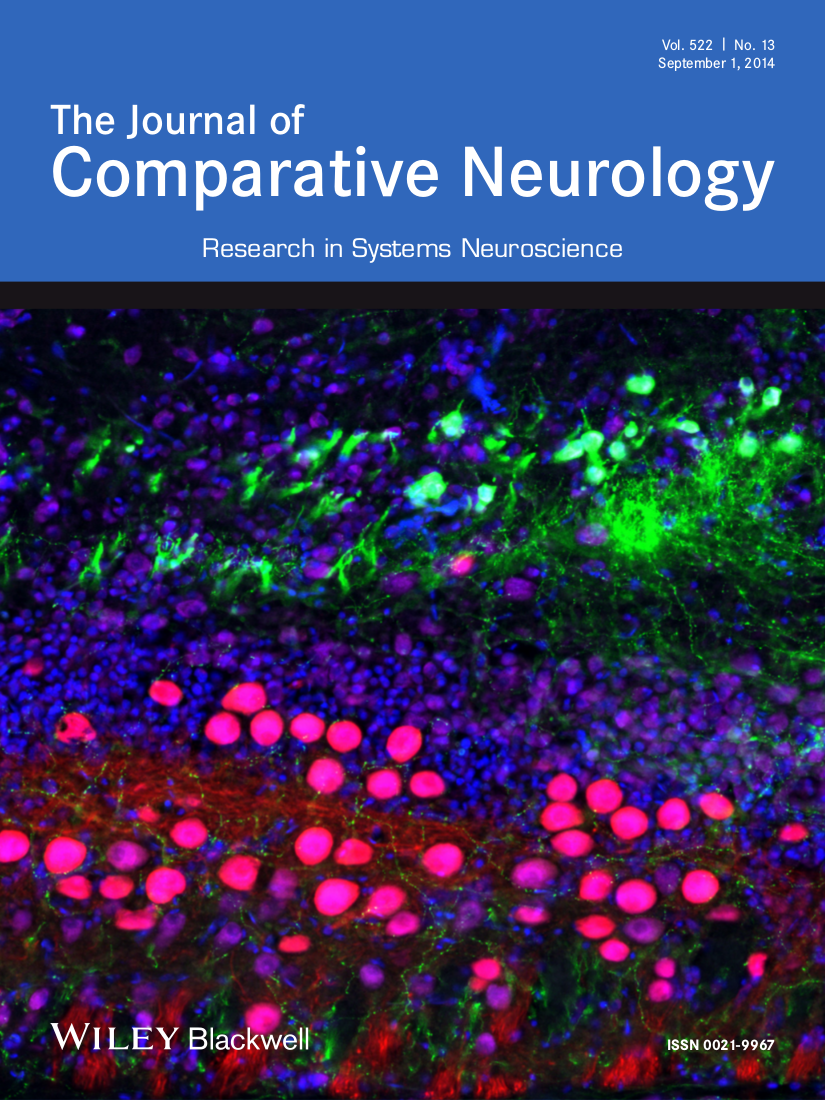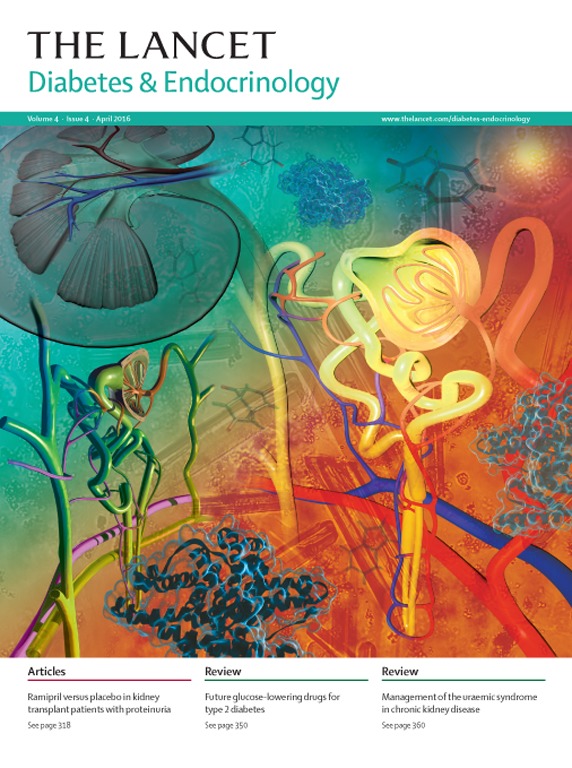 When Nature published a paper in 2011 describing a compound extracted from a pepper plant that appeared to kill cancer cells but leave healthy cells unscathed, it got some attention.
When Nature published a paper in 2011 describing a compound extracted from a pepper plant that appeared to kill cancer cells but leave healthy cells unscathed, it got some attention.
Of course, the news caught the media’s eye, but also that of other researchers, who have since jumped on the concept, and continued to study the effects of the compound — piperlongumine — on cancer, as well as other conditions.
But ever since the 2011 letter appeared, researchers have raised concerns about some of the figures — including one that showed mice with massive tumors, suggesting they had experienced an unreasonable amount of distress during the study. Nature has responded by issuing two lengthy correction notices in 2012 and 2015 — as well as an editorial that admitted the animals may have “experienced more pain and suffering than originally allowed for,” but did not warrant retracting, as the results remained “valid and useful.”
Today, the journal is retracting the paper, with the following brief notice:
Continue reading Nature cancer paper that raised animal welfare concerns is retracted

 A group of Australian researchers who studied the cat’s meow as a model for urinary incontinence and other motor-neural issues in people have
A group of Australian researchers who studied the cat’s meow as a model for urinary incontinence and other motor-neural issues in people have  Six months ago, the media was ablaze with the findings of a new paper, showing that nearly six percent of cancer cases are caused, at least in part, by obesity and diabetes. But this week, the journal retracted that paper — and replaced it with a revised version.
Six months ago, the media was ablaze with the findings of a new paper, showing that nearly six percent of cancer cases are caused, at least in part, by obesity and diabetes. But this week, the journal retracted that paper — and replaced it with a revised version. The U.S. Office of Research Integrity (ORI)
The U.S. Office of Research Integrity (ORI) 

 For months, a researcher has wrestled with a journal over the wording of an upcoming retraction notice. It appears that she has lost.
For months, a researcher has wrestled with a journal over the wording of an upcoming retraction notice. It appears that she has lost.